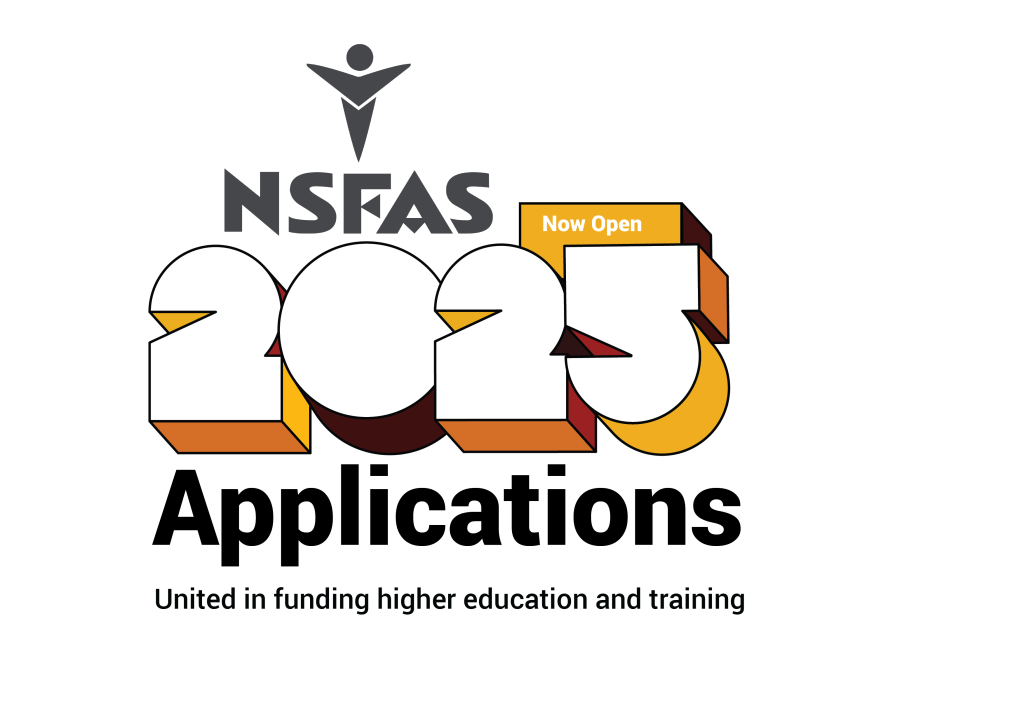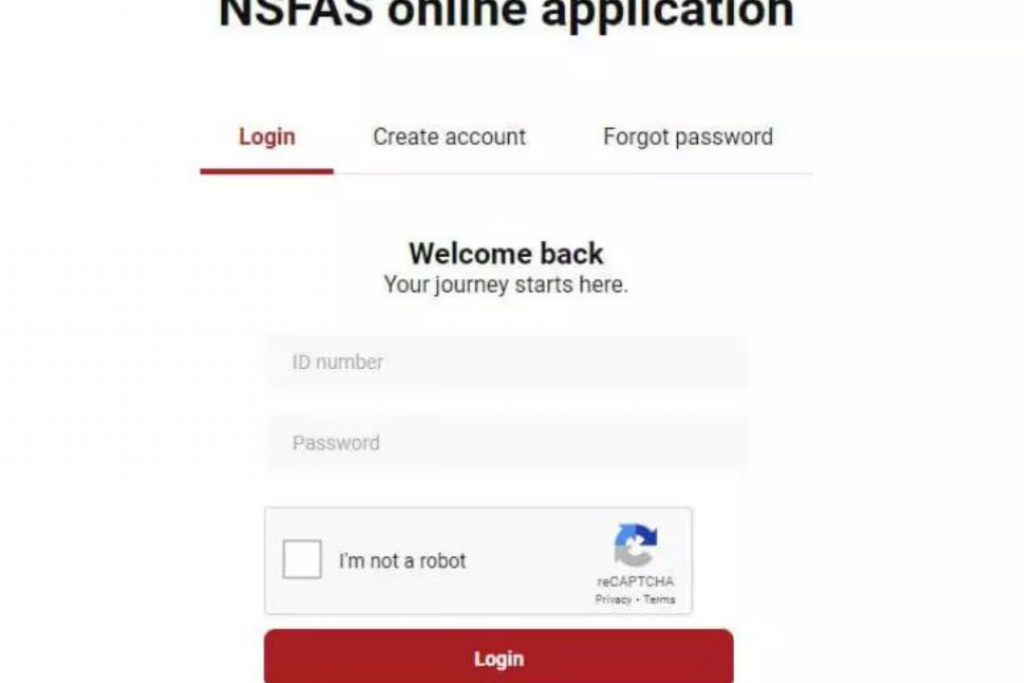Physical Address
60 Ekwema Cres, Layout 460281, Imo
Physical Address
60 Ekwema Cres, Layout 460281, Imo

The National Student Financial Aid Scheme (NSFAS) continues to streamline the process of funding South African students’ tertiary education. Many depend on it to pursue their educational aspirations. As students across South Africa are in for the 2025 academic year, tracking the NSFAS application status has become essential.
Keeping yourself updated with your NSFAS application status can be stressful, especially when there are ongoing changes and adjustments in the process every year. As a prospective recipient for 2025, it is vital to consistently track the progress of your application.
The National Student Financial Aid Scheme (NSFAS) has an efficient tracking system in place for such purposes. My NSFAS status and updates offer clarity and transparency in this process, ensuring applicants stay informed.
To aid in the seamless tracking of your application, you should familiarize yourself with the NSFAS status check feature. In this article, we provide you with the latest update on how you can use the system for an effective NSFAS application and status check. Stay informed and ease your worries regarding your application’s progress.
The National Student Financial Aid Scheme (NSFAS) is a South African program designed to provide financial aid to students in need. The NSFAS application is a vital step towards securing these funds for university or college.
Applicants need to fill out a comprehensive form providing their personal and financial details. After submitting the NSFAS application, the next step is to track its progress through an NSFAS status check. By using the ‘My NSFAS status’ portal, students can monitor the progression of their applications.
Knowing the NSFAS status allows applicants to stay informed and make any necessary follow-ups. With its transparent process, the NSFAS aids deserving students in gaining the necessary financial assistance. Understanding the application procedure is key to securing support from the National Student Financial Aid Scheme.
Read Next: Complete List Of Nigerian Banks with Mobile Apps in 2025
Applying for the National Student Financial Aid Scheme (NSFAS) is a straightforward process that allows eligible students in South Africa to fund their studies. But how do you know if you are eligible for the NSFAS fund?
Let’s look at the eligibility status first before diving into the application process
To qualify for NSFAS financing, you must meet the following requirements:
So here is the step-by-step process involved in the NSFAS application:
The National Student Financial Aid Scheme (NSFAS) application status is a way for students in South Africa to monitor the progress of their requests for financial aid. It lets them know if their application has been received, approved, or rejected.
This provides a valuable tool for students awaiting confirmation of financial assistance. The My NSFAS status feature allows each individual to access this information personally and privately. Students can effortlessly check the NSFAS status via the NSFAS official website, keeping them informed and up-to-date about their application status.
Therefore, it is crucial for students who have applied to the National Student Financial Aid Scheme to routinely perform an NSFAS status check to keep abreast of any updates.
The meaning of the different stages of NSFAS application status is as follows:.
Read Next: How to get Access Bank Loan Code
To apply for and determine your National Student Financial Aid Scheme (NSFAS) status in South Africa, certain essential documentation is required. Whether you’re applying as an undergraduate or a postgraduate student, these necessary documents help the NSFAS verify your identity, your family’s financial status, and the course you wish to pursue.
The following is a thorough list of the documents required.
The NSFAS uses these to confirm your identity. If you’re younger than 16 and don’t have a green bar-coded ID, you may submit a certified copy of your birth certificate.
Certified copies of your parents’ or legal guardians’ IDs are used to verify their identity.
This could include certified copies of your parents’ or guardians’ pay slips or pension slips for the past three months or a death certificate if one or both parents are deceased.
Whether these are high school reports or university results, they help the NSFAS ascertain your academic position.
This is to be filled out by your parents or legal guardians, granting permission to NSFAS to verify your family’s income.
This document will state where you live. This could be a municipal bill not older than three months. If this is not available, an affidavit stating your address is also acceptable.
If you’re applying for postgraduate funding, a stamped letter from your institution stating registration or acceptance into a postgraduate course is necessary.
Remember, all these documents must be certified within the past three months by a commissioner of oaths, such as a post office, police station, or lawyer. Providing accurate, recent, and complete documentation speeds up the application process, so it’s vital to have these at hand when applying for NSFAS.
Keep these documents ready for when you’re applying or checking your NSFAS status to have a smooth, trouble-free process.
In the case of online applications, scanned copies of these documents should be uploaded. In case of in-person applications, bring the original documents as well as their photocopies. It’s recommended to keep a set of copies for your records too.

As an aspiring student looking to apply for financial assistance through the National Student Financial Aid Scheme (NSFAS), it’s important to stay up-to-date with the status of your application.
However, many applicants are left in the dark about how to check their NSFAS status after applying. This article will walk you through the simple process of an NSFAS status check to track the progress of your application.
Here is how to carry out an NSFAS status check.
Start your NSFAS status check by visiting the NSFAS official website. NSFAS has made it easy for students to monitor the progress of their applications through their online portal.

After you reach the NSFAS website, navigate to the myNSFAS student portal tab. Click it, then type in your username and password. This will be the same username and password that you used when submitting your NSFAS application.
Once you have logged in to your account, you can find the current status of your NSFAS application by looking at the dashboard under the ‘Track Funding Progress’ bar. If the status indicates that the application is in progress, this means that the application is still being reviewed.
Remember, checking your NSFAS status frequently helps you to understand the current position of your application. The application status can be Application Submitted, Application Approved or Application Declined.
Sometimes the application status might remain Application Submitted for a while, and this does not mean your application is unsuccessful. The reviewing process takes some time.
The importance of conducting an NSFAS status check cannot be overemphasized. Keeping track of your application’s progress allows you to stay updated and can put your mind at ease. You will be able to address any problems immediately if they arise during the application process.
Remember to check the official NSFAS website regularly to stay updated with the latest news about the National Student Financial Aid Scheme.
If you are experiencing technical difficulties with MyNSFAS or simply prefer an alternate approach, the following solutions are available:
If you are a South African student applying for funding from the National Student Financial Aid Scheme (NSFAS), the process may sometimes feel confusing or overwhelming. You may have difficulty in filling up your NSFAS application, or be uncertain about your NSFAS status.
Here’s a quick guide on how to troubleshoot common issues faced when dealing with your NSFAS application or NSFAS status check.
Solution: First, make sure that you’re providing all necessary and accurate details during the application process. Make sure to cross-verify all the provided information. It’s also necessary to ensure that you have a good and stable internet connection while applying.
Solution: If it has been weeks and you still have not received any NSFAS status updates, it may be possible that the processing team has a large backlog. Contact NSFAS customer care via their helpline or their social media platforms. They may be able to provide an update on your application.
Solution: Your ‘My NSFAS Status’ showing an incorrect status might be a result of entering incorrect information or issues at the back end. Contact the NSFAS team for help and make sure you have your reference number and ID number handy to verify your identity.
Solution: If you’re facing issues logging into your account for an NSFAS status check, it might be a password issue. If you forgot your password, click the ‘Forgot password’ option and follow the given instructions to reset it. If you’re still facing issues, it may be a good idea to contact the NSFAS support team.
By understanding these common NSFAS application issues and their solutions, you can streamline the process of applying for and receiving financial aid from the National Student Financial Aid Scheme.
However, remember that issues can still arise despite the best precautions. In such cases, always reach out to NSFAS customer support for assistance and further guidance.
The latest update on My NSFAS application status for 2025 brings anticipation for students hoping to benefit from the National Student Financial Aid Scheme. NSFAS status is crucial for prospective and current students to keep track of, as it impacts their access to tertiary education funding.
Always make sure to frequently check your NSFAS status online to stay abreast of any developments.
If changes occur in your application, the NSFAS status check platform will provide updated information, ensuring that you remain informed about your application’s progress with the National Student Financial Aid Scheme. Remember, your future is important, stay informed and proactive.
Access your “MyNSFAS” account at www.nsfas.org.za. Choose the ‘Track Funding Progress’ option. Check out the application’s progress tabs. If your application status displays an unsuccessful message, you can file an appeal by clicking the ‘Submit Appeal Tab.’
The NSFAS usually processes applications and starts releasing outcomes between January and March. Please continue checking your application status online for updates.
No, once your NSFAS application has been submitted, it cannot be edited. Ensure you review all information thoroughly before submitting your application.
Your NSFAS application could have been rejected for several reasons such as not meeting the academic criteria, incomplete application, and not qualifying for the means test, among others. Detailed feedback should be provided in your NSFAS profile.